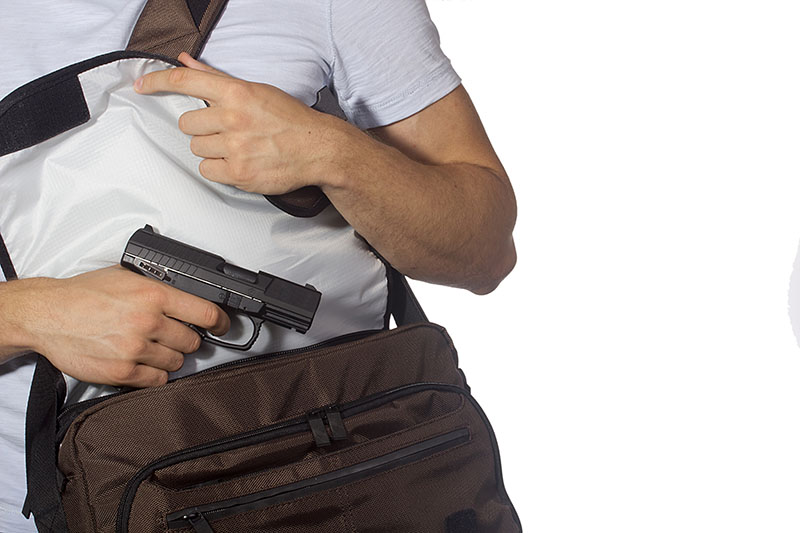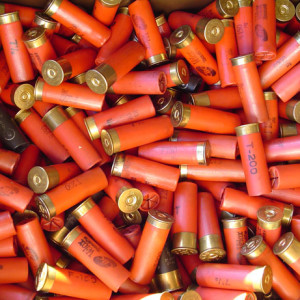
Laws of Concealed Carry Permits
by Margaret A. Lourdes, Esq.
The Second Amendment of the U.S. Constitution guarantees “…the right of the people to keep and bear arms.” Individual state constitutions also incorporate the right to bear arms within their borders. The United States Supreme Court, however, has consistently ruled that the law may place reasonable restrictions on gun ownership, transportation and usage in order to promote public safety.
Generally, state laws require ordinary citizens to obtain state permits or licenses to carry concealed weapons. States share certain common-sense requirements. For example, you generally cannot obtain a permit in any state if you are a convicted felon. In other respects, state laws widely vary. Texas recognizes out-of-state carry permits in California, New Jersey, and Florida. However, as of 2013, New Jersey has no reciprocity agreement with any state.
The requirements to obtain a Michigan Concealed Pistol License (CPL) are similar to many other state laws across the country. For example, Michigan CPL cannot be issued to convicted felons, fugitives of the law, illegal drug users, or those who suffer from mental illnesses. Applicants must also be United States citizens or legal immigrants.
They cannot be dishonorably discharged from any branch of the United States military and they cannot have personal protection orders pending against them. Michigan also requires CPL applicants to be at least 21 years of age and they must be residents of the state for at least six months prior to application — a requirement that can be waived if an applicant has a permit to carry a concealed weapon in another state. Also, applicants who commit certain misdemeanor criminal offenses are disqualified from obtaining CPLs. For instance, you may be denied a permit if you have been convicted of disorderly conduct, reckless driving, drunk driving, destruction of property, stalking, or domestic abuse. Even non-violent, white collar crimes, such as embezzlement and fraud, can bar you from CPL eligibility.
Like many other states, Michigan law also mandates the successful completion of an approved firearms training course before issuing a CPL. Training courses include in-depth instruction on Michigan firearms laws, potential civil liability for using a concealed weapon, and proper storage and handling of guns and ammunition. CPL applicants are also trained in techniques for managing dangerous and violent situations and they must complete a minimum of three hours of range experience, during which time they fire weapons under the close supervision of a class instructor.
Once a Michigan CPL applicant is approved, they are still prohibited from carrying their firearms in “pistol- free zones.” A CPL holder may not carry a concealed weapon into a casino, place of worship, school, hospital, school dormitory, child care center, courthouse, sports stadium, tavern, or public arena that seats more than 2,500 people. The first time a CPL holder carries a concealed firearm into a pistol-free zone, his weapon may be immediately seized and he is subject to a $500 fine and a six month permit suspension. Second-time offenders face 90 days in prison and a $1,000 fine. A third-time offender faces a felony charge of four years imprisonment and a $5,000 fine. Repeat offenders also risk permanent revocation of their CPLs.
Individuals outside Michigan should visit their official state websites for specific information about their concealed weapons licensing requirements. Typically, state websites also provide application packets and contact numbers to answer questions and assist potential applicants.
Margaret A. Lourdes, Esq. is a practicing attorney in Southeast Michigan. Her firm focuses on business law issues. She also teaches Business Law and Ethics at a business university.



